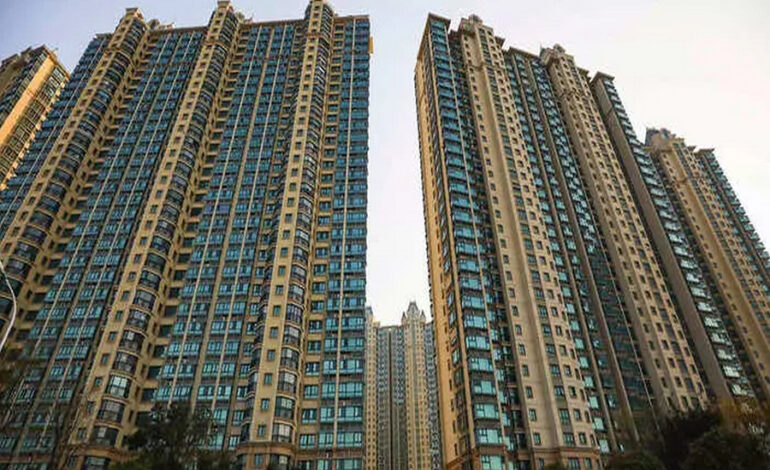Assessing the Evergrande Collapse: Implications for China’s Economic Recovery

China’s recent turmoil in its property sector, coupled with a stock market downturn and broader economic challenges, has sparked comparisons to the 2008 financial crisis in the United States. The collapse of the Chinese property giant Evergrande and its staggering debt burden has raised concerns about the potential for a systemic crisis akin to the Lehman Brothers collapse. However, according to insights from a prominent think tank, while the Evergrande collapse poses significant obstacles to China’s economic rebound, it does not represent a direct parallel to the Lehman moment.
Divergent Pathways: Evergrande vs. Lehman
Contrary to the Lehman Brothers collapse, which was precipitated by a credit crisis fueled by risky financial products and excessive leverage, the downfall of Evergrande stems primarily from its massive debt burden and aggressive borrowing practices. While Lehman’s failure reverberated throughout the global financial system due to its interconnectedness with other institutions, Evergrande’s impact is more contained within China’s domestic economy. Its loans represent a fraction of total financial institution lending and corporate debt in China, mitigating the risk of immediate contagion across the broader financial system.
Cascading Effects on Confidence and Consumption
Despite the differences in the nature of their collapses, Evergrande’s bankruptcy sends shockwaves through China’s economy, particularly in the housing market and related sectors. As a significant player in the property development ecosystem, Evergrande’s default disrupts the operations of construction firms, appliance manufacturers, and home decor suppliers, dampening investor and consumer confidence. The resulting uncertainty and hesitancy among potential homebuyers exacerbate existing challenges in the housing market, impeding demand growth and dragging down the broader economy.
Lingering Challenges and Protracted Recovery
The ripple effects of Evergrande’s bankruptcy contribute to a protracted period of economic uncertainty and sluggish growth in China. Restoring confidence among households and investors is a gradual process that requires time and concerted efforts from policymakers and market participants. In the meantime, the weakened demand in the housing market and the broader property sector, which constitutes a significant portion of China’s economy, further complicates the path to recovery. The lingering impact of Evergrande’s collapse underscores the importance of addressing structural vulnerabilities and implementing reforms to safeguard against future financial risks.
In conclusion, while the Evergrande collapse may not mirror the Lehman moment in its systemic implications, it nonetheless poses substantial challenges to China’s economic stability and recovery efforts. Navigating the aftermath of Evergrande’s bankruptcy requires a multi-faceted approach that addresses both immediate concerns and underlying structural weaknesses in the financial system. By fostering confidence, promoting transparency, and implementing prudent risk management practices, China can mitigate the impact of Evergrande’s collapse and pave the way for sustainable economic growth in the years to come.









